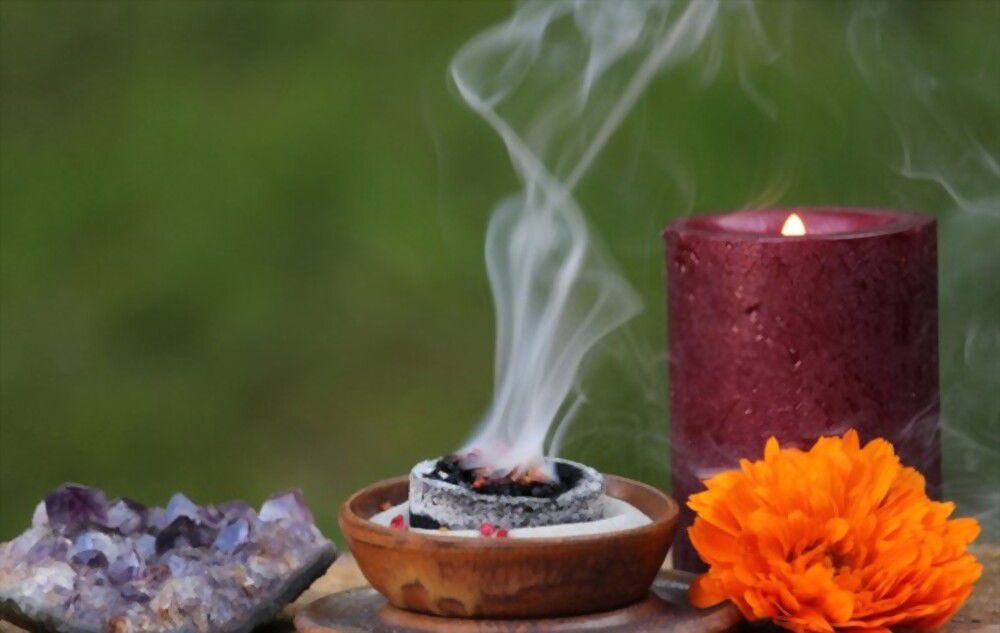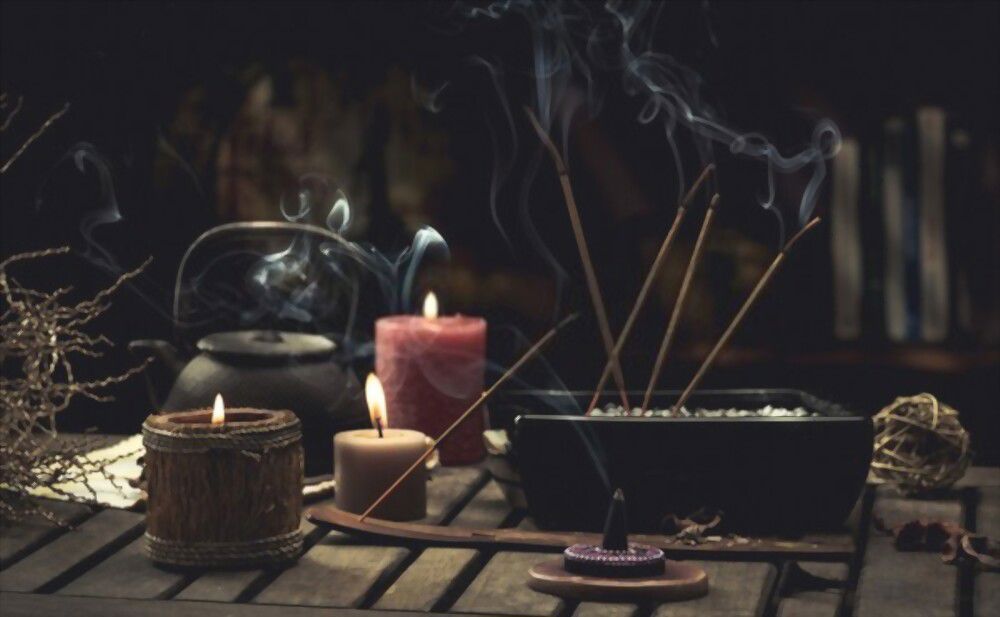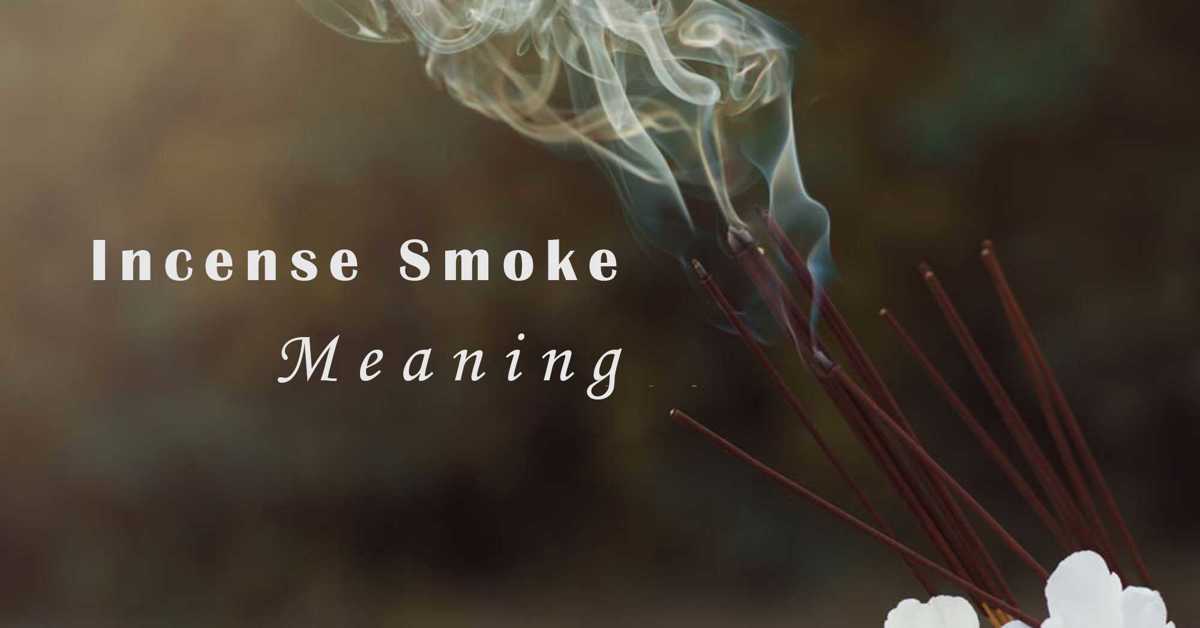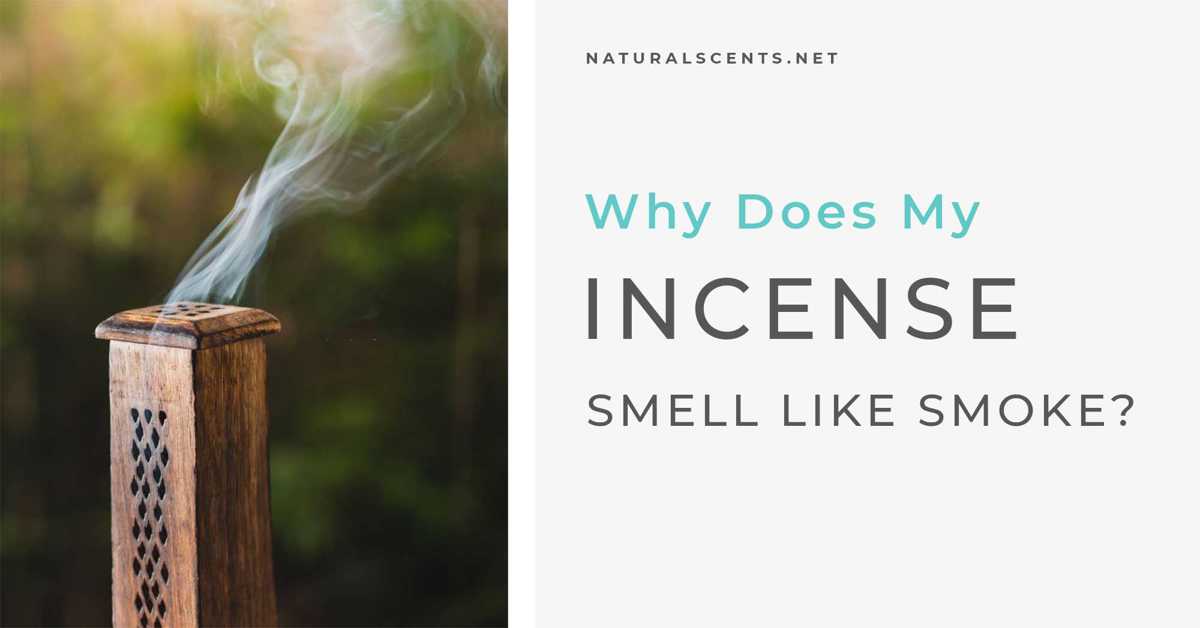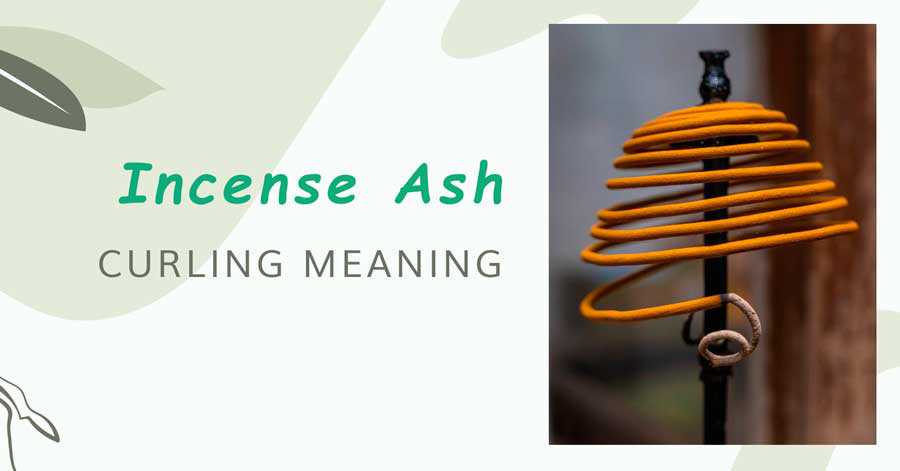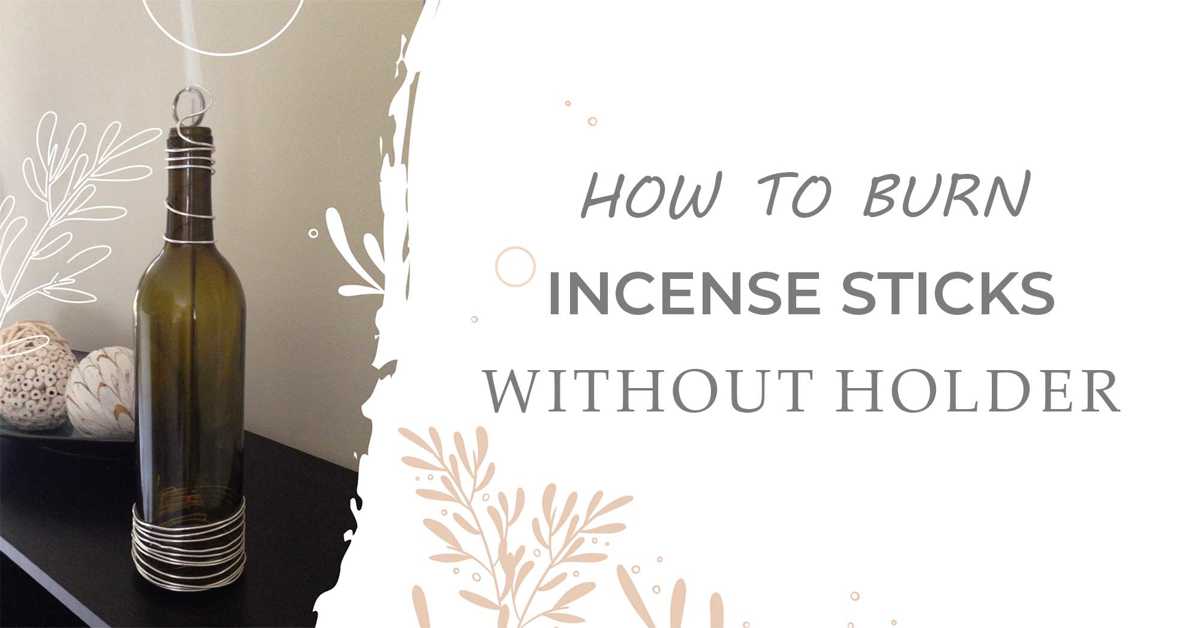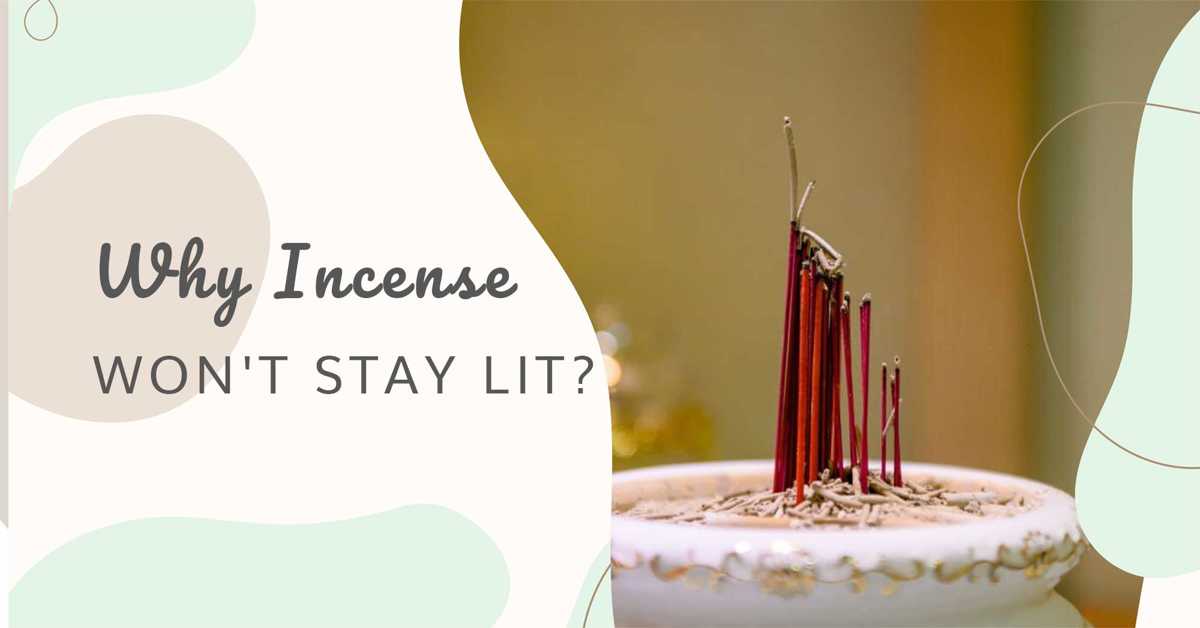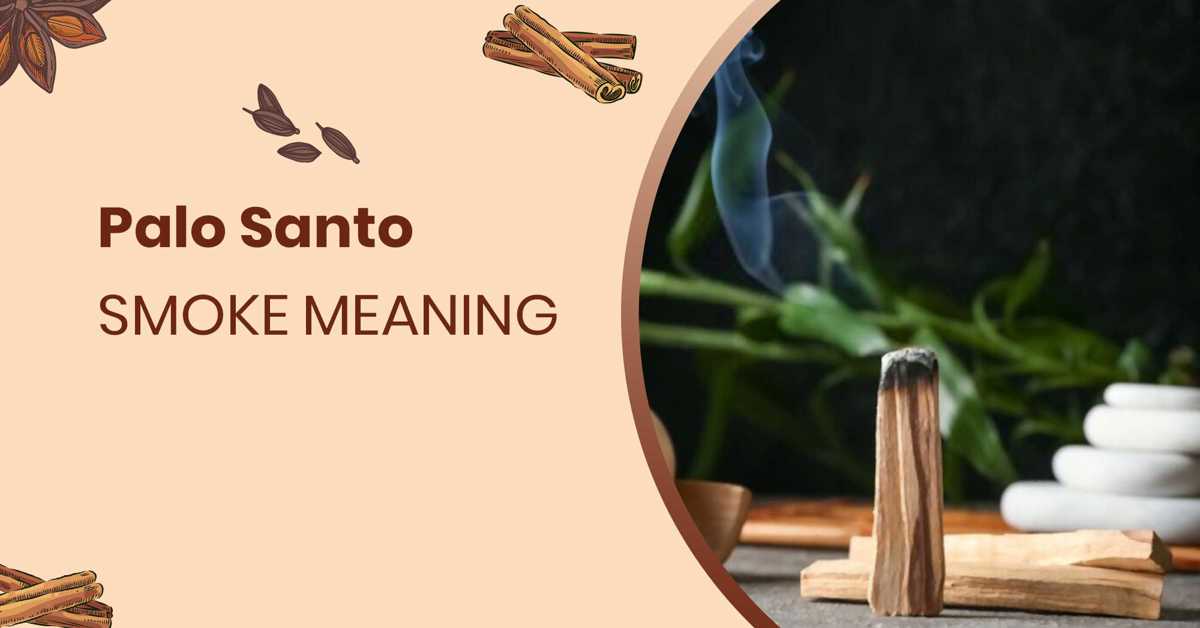There's a lot of debate over whether incense can make you sick. Some people say that the smoke from burning incense can be harmful to your health, while others believe that it has healing properties. So, what's the truth? Can incense really make you sick? Let's take a look at the evidence.
1. Do you know the risks of burning incense?
Incense has been used in religious ceremonies and as a form of aromatherapy for centuries. In recent years, however, there have been increasing concerns about the potential health risks associated with burning incense. Many incenses contain harmful chemicals that can have a negative impact on human health.
Incense smoke is made up of a complex mixture of chemicals that can cause respiratory irritation. When burned, these chemicals are released into the air and can be inhaled. These chemicals can interact with each other and with other pollutants in the air to create new, more toxic compounds.
Exposure to incense smoke has been linked to a variety of health problems, including:
- Headache
- Dizziness,
- Nausea
- Throat hurt
- Asthma
2. Can incense give you a headache
There are a few reasons why certain types of incense can give us headaches when inhaled.
2.1. Some incense contains high levels of sulfur
When burned, sulfur releases a gas called sulfurous oxide, which can irritate the lungs and cause difficulty breathing. Inhaling too much of this gas can lead to headaches, dizziness, and even nausea.
2.2. The smoke from the burning incense can irritate your eyes and nose
Another reason why incense may give us headaches is because of the smoke it produces. Incense smoke can be dense and contain particles that are harmful to our respiratory system. Inhaling this smoke can irritate our lungs and cause inflammation, which can lead to headaches.
2.3. Some people may be sensitive or allergic to the ingredients in incense
This can also lead to headaches and other uncomfortable symptoms. If you find that incense smoke is giving you a headache, it's best to avoid it altogether. There are plenty of other ways to enjoy the pleasant smell of incense without having to worry about getting a headache.
Read more: Burning Incense: The Side Effects You Need to Know
3. Can incense make your throat hurt?
There is no definitive answer to this question, as different people can react differently to incense smoke. Some people may find that the smoke irritates their throat, while others may not have any problems at all.
There are a few different reasons why incense smoke can cause a sore throat.
- The first reason is that the smoke from incense is very dry. This can cause the mucous membranes in your throat to become dried out and irritated.
- The second reason is that the smoke from incense contains a lot of chemicals. These chemicals can irritate your throat and lungs.
If you inhale too much of the smoke from incense, it can irritate your throat and lungs and cause a sore throat.
4. Can incense make you dizzy?
There could be a few reasons why this is happening. If you are burning incense in an enclosed space, the smoke may not have enough ventilation to disperse properly. This can cause the smoke to become concentrated and make you dizzy. Additionally, some people may be sensitive to the smoke of certain types of incense, which can also cause dizziness. Finally, it is possible that you are simply burning too much incense at once, which can also lead to dizziness.
5. Can incense make you nauseous?
Burning incense is a popular way to enjoy the fragrant smells of various herbs and spices. However, in some cases, it can cause nausea. This may be due to the smoke irritating the lungs or throat, or from inhaling too much of the fumes. People with asthma or other respiratory conditions may be particularly susceptible to these effects.
If you experience nausea after burning incense, it is best to stop using it and consult a doctor if the symptoms persist. Some of the most commonly used incense contain high levels of mercury, lead, and other heavy metals.
6. Is incense good for asthma?
Some people with asthma find that burning incense helps to clear their airways and ease their symptoms, while others find that it makes their condition worse.
Although the exact mechanisms are not well understood, burning incense has been shown to be a trigger for asthma attacks in some people. Incense smoke is made up of a variety of chemicals, including particulate matter and volatile organic compounds (VOCs).
These chemicals can irritate the lungs and airways, leading to inflammation and bronchospasm. In addition, the smoke from incense sticks can also contain high levels of carbon monoxide, which can further worsen respiratory symptoms.
There are many different types of incense that can be helpful for people with asthma. Some of the more popular choices include:
- Lavender incense: This type of incense has a very calming and relaxing effect, which can help to ease asthmatic symptoms.
- Peppermint incense: This invigorating scent can help to open up the airways and improve breathing.
- Eucalyptus incense: This refreshing scent can also help to clear the airways and ease asthmatic symptoms.
Each person will react differently to different types of incense, so it's important to experiment until you find the one that works best for you. If you're using incense to help with your asthma, be sure to burn it in a well-ventilated area to prevent any further exacerbation of your symptoms. For people with asthma, it is important to avoid any triggers that can cause an asthma attack. If you are sensitive to incense smoke, it is best to avoid exposure altogether.
Conclusion
So, can incense make you sick? While there is no definitive answer, the evidence does suggest that there are health risks associated with burning incense. If you are concerned about your health, when burning incense, make sure to do so in a well-ventilated area. If you are burning it indoors, open a window or door to let the smoke escape. It’s also a good idea to avoid using incense around pregnant women or young children.
However, some people may be sensitive to the smoke produced by burning incense, and this could potentially trigger respiratory problems or other health issues. If you are concerned about the potential risks of burning incense, it is best to avoid doing so, or at least take precautions such as ventilating the area well and avoiding prolonged exposure.

